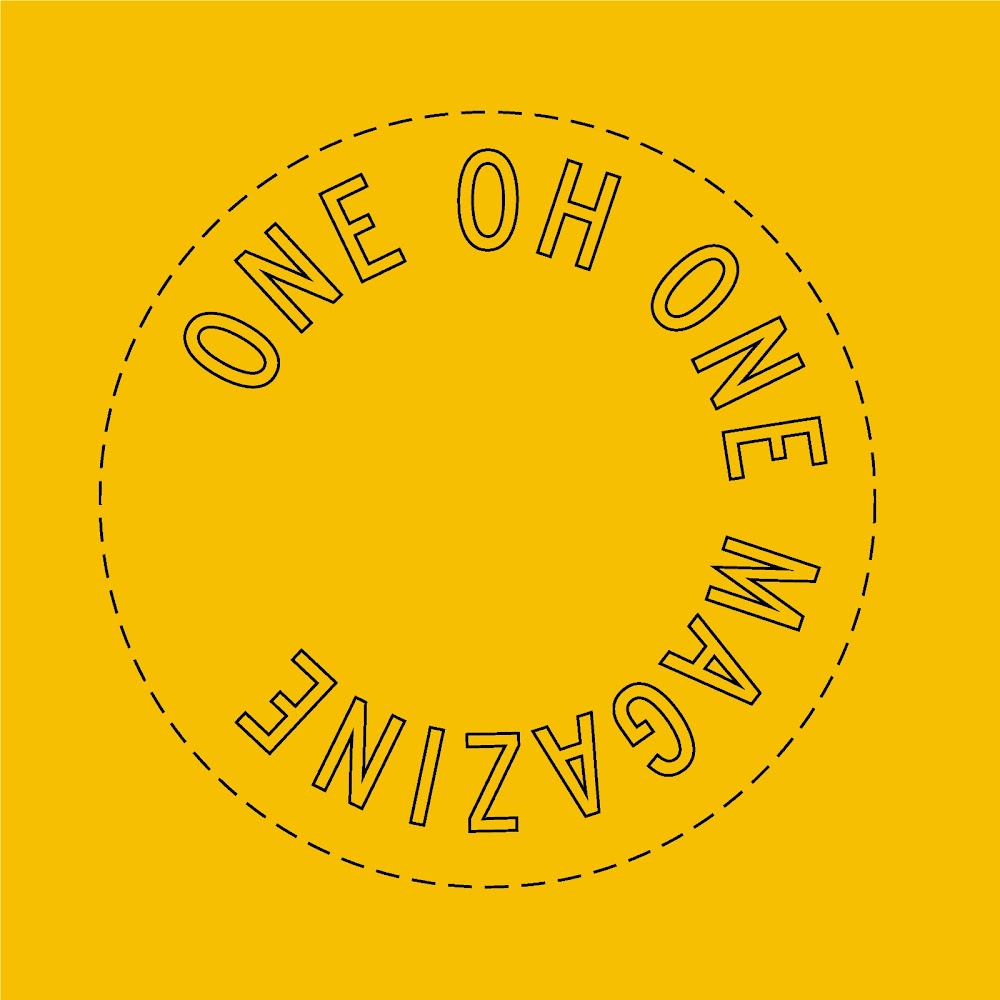The other day, I watched Connor Franta's (quite possibly my favourite Youtuber) newest video titled, "it's not you, it's your 20's" and it got me thinking about an old blog post I wrote for my long-gone personal blog in 2018: Your 20's don't have to be your "20's". I wrote it at 22. I'm now halfway through my 20's but I still firmly stand behind my message... so I wanted to re-share here what I wrote back then (see the *'s for new additions from 25 year old me). Enjoy!
_ _ _ _ _
There are so many articles out there titled things similar to:
"Don't mess your 20's up: tips to get the most out of your 20's"
"Here are 20 things to do in your 20's"
"Life lessons every twenty-something should learn"
There is so much emphasis on your 20's being the best years of your life; the years you shape yourself into who you want to be, have the best 'carefree experiences. You're pretty much sold the belief that your 20's are gonna be these exciting years of being an adult - but not really - the years where you're gonna fall in love, you're gonna find out what your passion is in life. We grow up, ultimately moulding these beliefs for our lives, taking in the things we read, the things we watch, the people we watch and the people we listen to and we cast our vision into the future with a step-by-step blueprint of what we can expect to happen next. But what if you don't want to live your 20's the way you're expected to? Or what if they were just sugar-coating all along?
I'm not saying expectations are a bad thing, so long as you don't cling to them like they're absolute truths of what's gonna happen in your life, you're fine. Coming from university, I knew what was already expected of me. Graduate, get a 'proper job', save up for a mortgage, buy a house, finally become an 'adult'. And yeah, I've only just recently graduated (but managed to hide away from the real world by doing my masters, so I have another year in the comfort of academia, phew) but I am nowhere even close to achieving any of those things, and I'm not gonna lie, I wouldn't even know where to start with getting a mortgage, I'm not even 100% sure what it is! But the thing is, we all go through life at different paces, we all have different goals in mind. What I enjoy doing as a twenty-two-year-old might be someone else's idea of hell, and that's okay, I've totally grown into the idea of me being a twenty-two-year-old Grandma. Because there's no pressure!! Those articles and what everyone else is doing shouldn't make you question the path you're on. You shouldn't ever feel disappointed with the way your life is panning out if you had your hopes set on someone else's plan for their twenties or a 30-something's hindsight view. It's so easy to get caught up on what you're 'supposed' to do, you can leave barely any time to do what you want to do, or you enjoy doing.
These are the years where you're going to find yourself, that bit is true. And these are the years where you're gonna struggle, you're gonna get setbacks and you're gonna fail and you're gonna think wow what the eff am I supposed to do next? But, you've gotta figure it all out on your own, that's the beauty of it. You will feel as though you're in competition with every other twenty-something person on the planet, because I know I definitely sometimes do. But I guess in the end, the only person we're competing against is ourselves, the 'old' us, the unmotivated us. Everything will definitely sort itself out, you won't be in this limbo forever. Enjoy your 20's because before you know it, we'll all be in our 30's and well and truly in the real world (and hopefully, by then, I've learnt what a mortgage is).
** 2021/25-year old Rebecca: so firstly, I know a littleee more about mortgages, but they still scare me and it's still very much a future thing, so I'm not spending much time thinking about it. Also, the pressures and expectations of graduating did hit me in the face... and I've often found myself drowning in thoughts of where I expected myself to be at 25 or batting away other people's expectations of me as a graduate. And I'm not going to lie, it's a struggle. And in all honestly, I have no idea what I am doing, where I am going, who I will be in a year, five years, ten years time, because who does?! But I do know that I am trying my hardest to live my life for me, to make decisions that please me, to just do me.







Social Icons